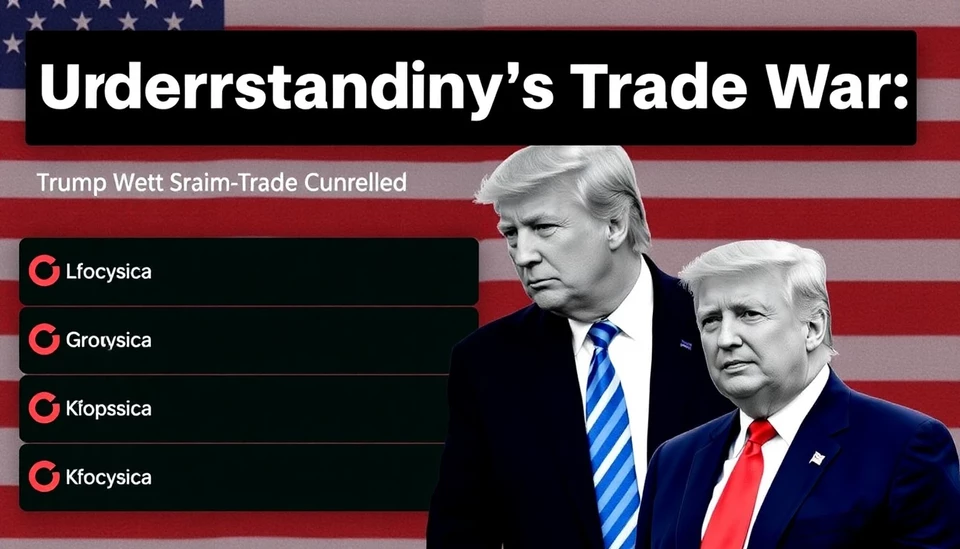
The ongoing trade tensions initiated by former President Donald Trump have sparked wide-ranging implications for various sectors, including stock markets, cryptocurrency, and mortgage rates in Australia. As his economic policies continue to resonate, experts are weighing in on how these developments may affect investors and everyday consumers alike.
Trump's trade war, which began in earnest in 2018 with the introduction of tariffs on Chinese goods, aimed to address trade imbalances and protect American industries. However, the ripple effects of these policies are being felt across the globe, notably in Australia, which has strong economic ties to both the United States and China. The uncertainties stemming from these trade disputes and geopolitical dynamics have led to volatility in financial markets, raising concerns about the potential long-term effects on investments and personal finance.
Financial analysts are particularly looking at the stock market, where fluctuations are often influenced by trade-related news. Stocks in industries reliant on international supply chains have faced the brunt of the tension. For instance, tech companies that source materials from China could see profit margins squeezed as costs rise due to tariffs. Investors are advised to closely monitor stocks that may react strongly to any announcements or developments in trade relations.
Meanwhile, the cryptocurrency market has displayed heightened volatility as well, with many viewing digital currencies as safe havens in times of economic uncertainty. The correlation between trade tensions and crypto price fluctuations suggests that investors might shift their portfolios in response to ongoing economic indicators linked to the Trump-era policies. Some experts believe that decentralized finance could see increased adoption as investors look for alternative forms of currency not tied to traditional financial systems impacted by geopolitical stresses.
Additionally, the implications of Trump's trade policies extend to personal finance, particularly in terms of mortgage rates. Rising interest rates, driven by inflationary pressures associated with trade wars, could lead to increased mortgage costs for homeowners and prospective buyers in Australia. As central banks navigate these challenges, homeowners are being urged to reassess their financial strategies to better prepare for potential shifts in the housing market.
In summary, the aftershocks of Trump's trade war are complex, influencing not only stock prices and cryptocurrency values but also the affordability of mortgages. As the dynamics evolve, stakeholders are advised to remain vigilant and consider a holistic approach in managing their investments and financial commitments amid these uncertainties.
As we move forward, it’s essential to stay informed and adapt to the changing financial landscape shaped by ongoing trade negotiations and market responses.
#TrumpTradeWar #Stocks #Crypto #MortgageRates #Australia #FinancialMarkets #EconomicImpact
Author: Laura Mitchell


